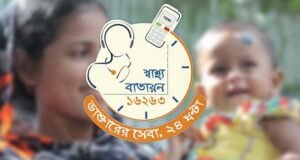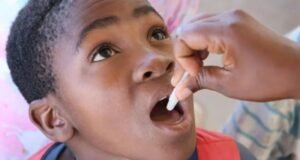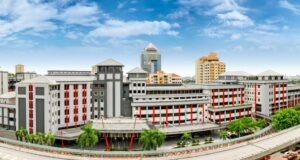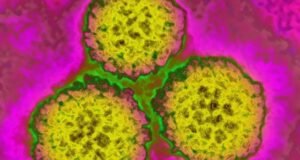
A staggering 28.9 per cent of children in Bangladesh, nearly three out of every ten, are affected by multidimensional poverty, a rate significantly higher than the 21.4 per cent for adults, according to the country’s first-ever national Multidimensional Poverty Index (MPI) released on Thursday.
The report, a collaborative effort by UNICEF, the General Economics Department (GED) of the National Planning Commission, the European Union, the Bangladesh Bureau of Statistics (BBS), and the Oxford Poverty and Human Development Initiative, highlights severe deprivations in three key areas: health, education, and standard of living. These deprivations are critically undermining children’s rights and future opportunities.
Key findings indicate that approximately 39 million people in Bangladesh live in multidimensional poverty, with children disproportionately affected—35 per cent more likely to be poor than adults. Rural children face greater deprivation than their urban counterparts, with low school attendance identified as the primary driver of child poverty.
Regionally, the report identifies five districts with over 40 per cent of their populations in multidimensional poverty: Bandarban (65.36 per cent, the highest), Cox’s Bazar, Sunamganj, Rangamati, and Bhola. Among the eight divisions, Sylhet has the highest poverty rate at 37.7 per cent, forming a regional poverty cluster where child poverty is particularly acute. In contrast, the northern region shows higher economic poverty but lower child poverty rates.
“The MPI provides a powerful tool to pinpoint where and how child poverty manifests, guiding policymakers toward effective interventions,” said Rana Flowers, UNICEF Bangladesh Representative. “Understanding the root causes of deprivation through detailed data is critical for targeted action.”
Edwin Koekkoek, EU Representative, added, “High inflation, lack of coordination, and recent economic instability have hindered investments needed to tackle multidimensional child poverty. Coordinated, evidence-based action involving governments, development partners, civil society, and the public is essential.”
The report urges pragmatic policies and investments to address deprivations in housing, sanitation, internet access, safe energy, and quality education, with a focus on poverty-prone and rural areas. Aligned with Bangladesh’s national development priorities and the Sustainable Development Goals (SDGs), the MPI underscores the need for comprehensive strategies to ensure access to health, water, sanitation, hygiene (WASH), electricity, and education.
 Weekly Bangla Mirror | Bangla Mirror, Bangladeshi news in UK, bangla mirror news
Weekly Bangla Mirror | Bangla Mirror, Bangladeshi news in UK, bangla mirror news







